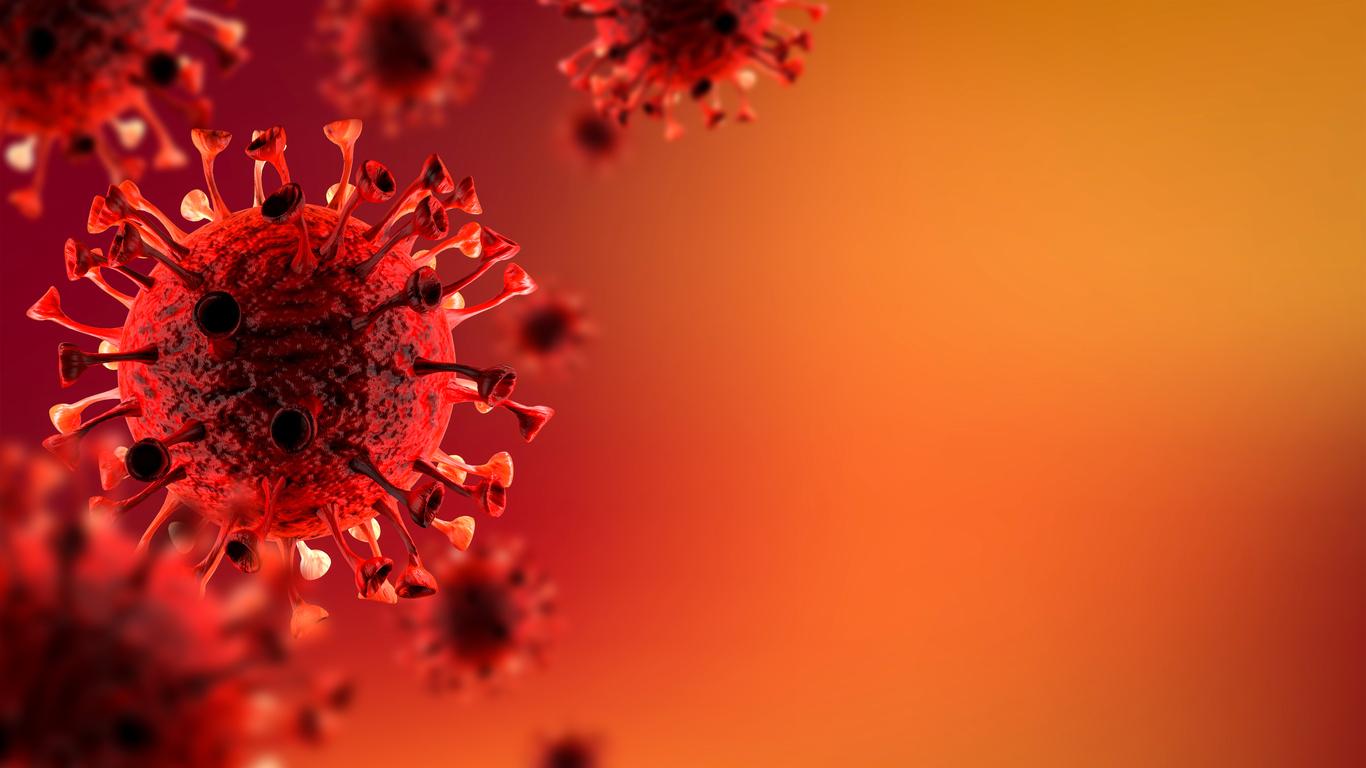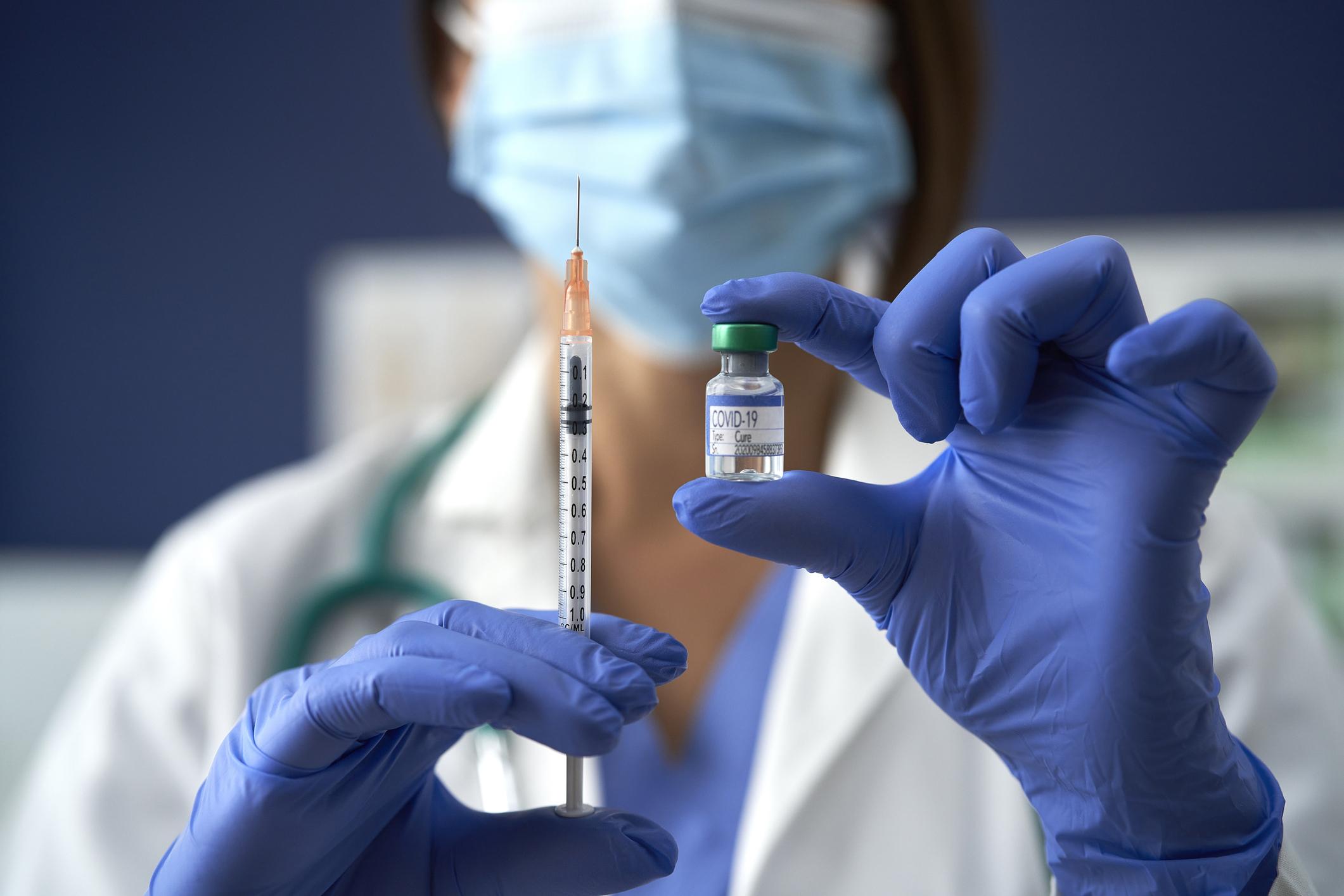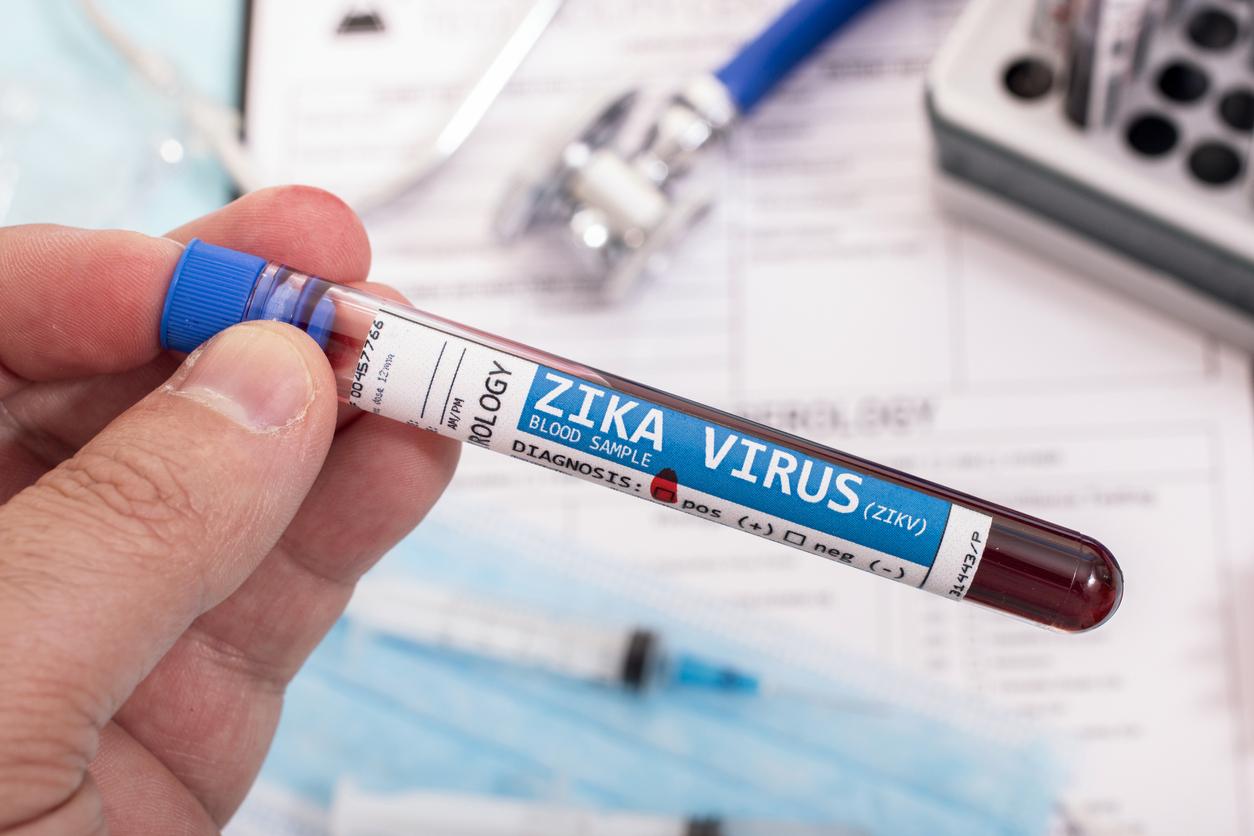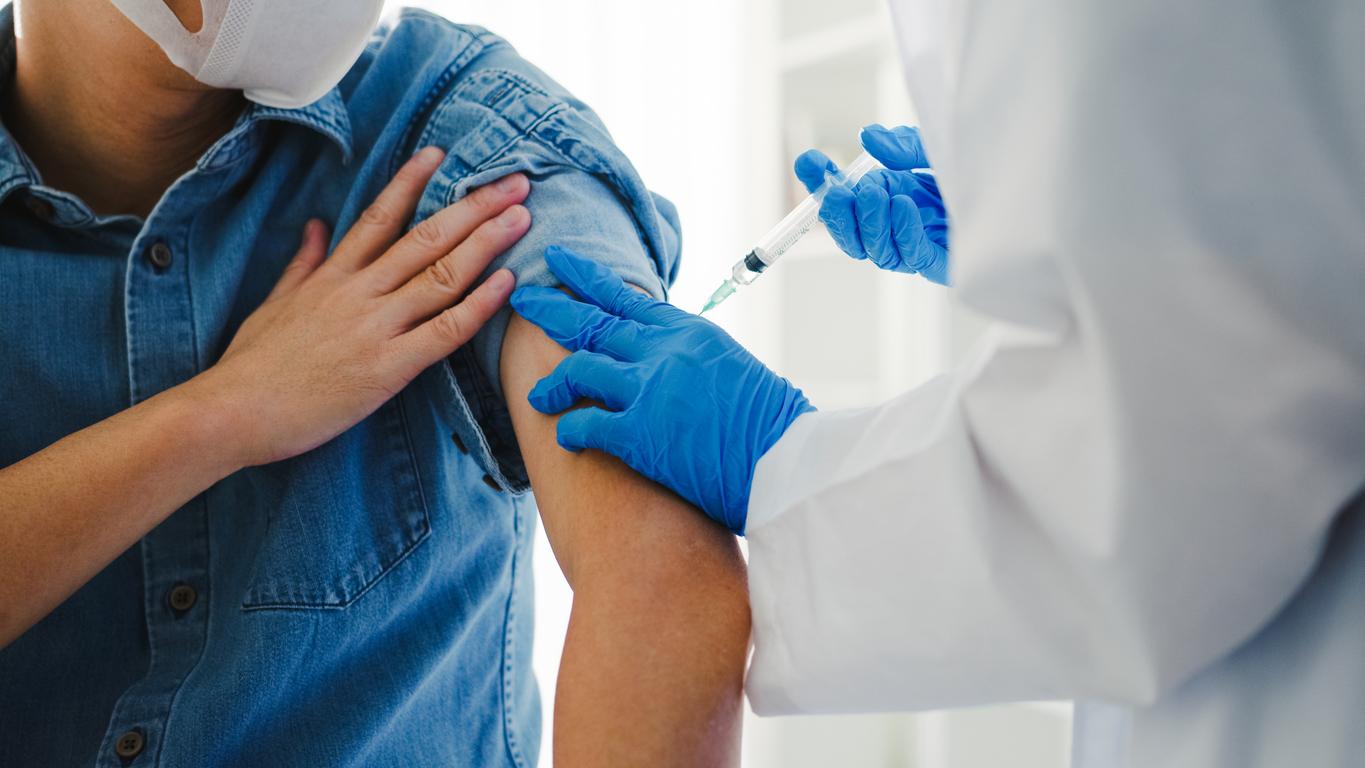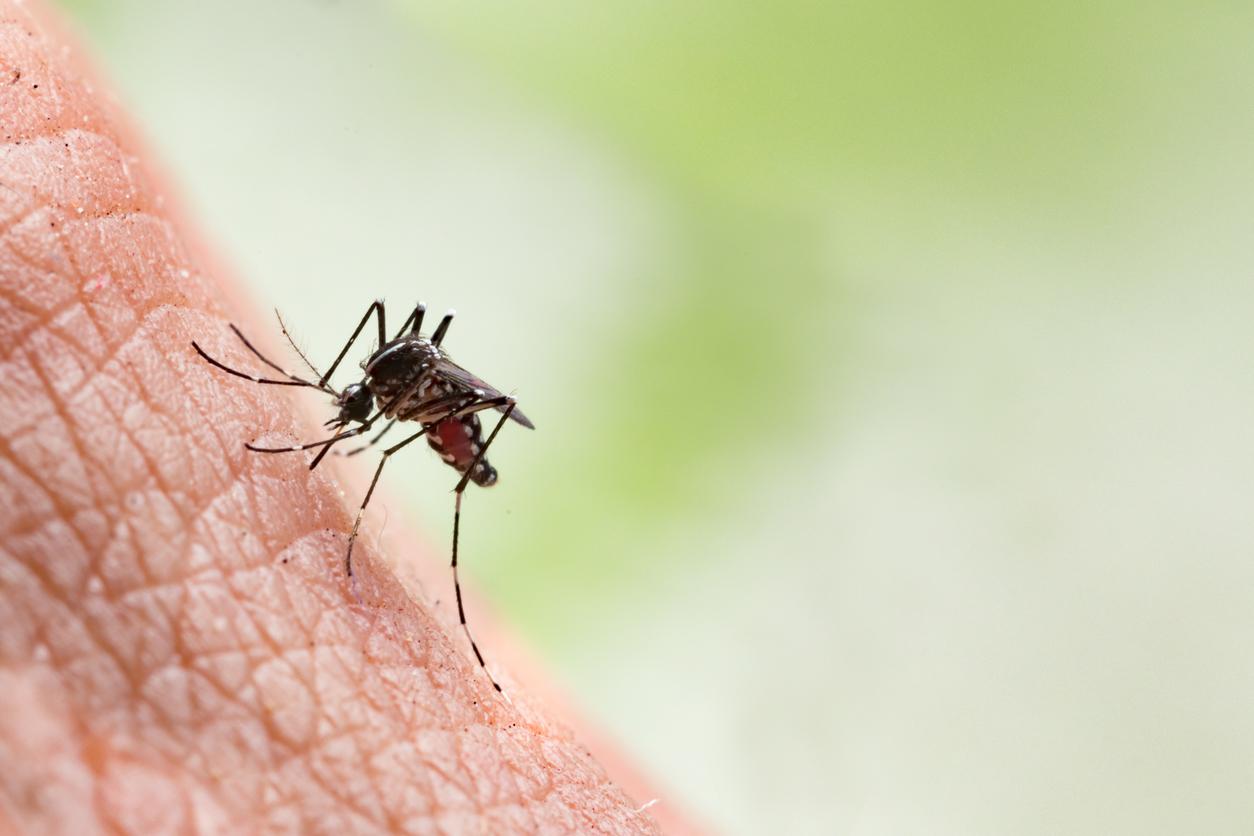Stem cells would be able to produce a protein that protects them from RNA viruses like SARS-CoV-2 and Zika. Ultimately, this could open up new therapeutic avenues.
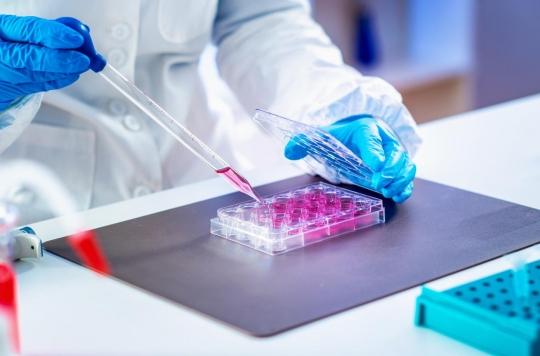
- Stem cells would produce a protein called antiviral Dicer (aviD), capable of protecting them against RNA viruses such as Covid-19.
- Ultimately, this discovery could open up new therapeutic avenues.
Stem cells have two main characteristics: they are self-renewing and can enter into differentiation. The first means that the division of a stem cell gives rise to two daughter cells, identical to the parent cell. Thanks to the second property, a stem cell can initiate a differentiation program that will gradually transform it. Thus, it becomes another cell. Totipotent and pluripotent stem cells can give rise to all cell types present in the body. Those called multipotent are restricted to one cell line. According to one new study published in the journal Science, stem cells would have another particularity: they would produce a protein, called antiviral Dicer (aviD), capable of cutting viral RNA and thus preventing RNA viruses – such as SARS-CoV-2 and the Zika virus – to proliferate in the body. This form of protection, called RNA interference, was already known to scientists but for plant and invertebrate cells.
A protective mechanism used by plants and invertebrates
“It’s fascinating to understand how stem cells protect themselves against RNA virusesexplains Caetano Reis e Sousa, one of the authors. The fact that this protection is also used by plants and invertebrates suggests that it has existed for a long time in the history of mammals. For some unknown reason, while all mammalian cells possess the innate ability to trigger this process, it seems only stem cells do.”. Further research is needed to understand this mechanism. Nevertheless, scientists already believe that this discovery could, in the long term, allow the development of new antiviral treatments. “By learning more about this process and unlocking the secrets of our immune system, we hope to open up new possibilities for drug development.“, he specifies.
Cells three times less infected with Covid thanks to the aviD protein
The researchers first exposed human cells to SARS-CoV-2. Those who had the antiviral protein Dicer were three times less infected with the virus compared to those who did not. They then did a second experiment, on organoids – a three-dimensional multicellular structure – brains exposed to the virus Zika. They found that those with the protein aviD were less affected by the virus than those without it. Additionally, when organoids were infected with SARS-CoV-2, there were fewer infected stem cells in organoids with aviD protein. “Why stem cells use this defense mechanism remains a mysteryspecifies Enzo Poirier, one of the authors. There are still many unknowns regarding how these cells are protected against viruses”. Scientists will continue their research to understand the mechanisms underlying the production, development and role of the antiviral protein Dicer in mammalian stem cells.
.









